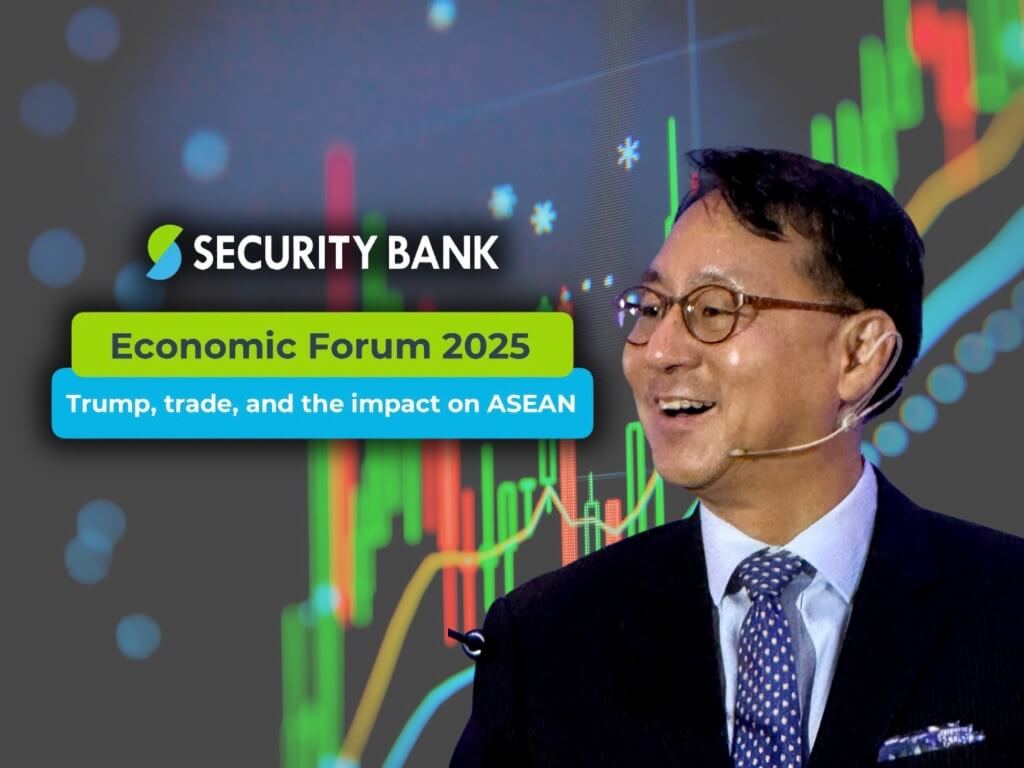

Insider Spotlight
“If Trump 1.0 shook up global diplomacy, trade and alliances, Trump 2.0 … is actually kind of the same, but more tightly scripted, but certainly no less dramatic,” he said.
Chin, who is also a former US Ambassador to the Asian Development Bank, framed the approach as “for good or for bad, the art of the deal.”
Why it matters
Tariff volatility and executive-order policymaking will keep global supply chains in flux. Chin cautioned that while China-plus-one shifts benefit ASEAN, trans-shipment and rules-of-origin abuses invite penalties. “Rates … will go up and they will go down,” he said, adding that enforcement will tighten.
Policy, politics, people
Chin urged executives to “think in threes.”
“Pay attention to … policy, politics and people,” he said. With Washington divided, “executive orders have dominated the agenda,” and pending court challenges could even unwind some tariffs, he noted. In personnel, “people are policy,” with business-centric appointees signaling a focus on jobs and investment.
The China factor
Trump’s tariff escalation is inseparable from Beijing’s role in Southeast Asia, Chin said. Supply-chain relocations to Vietnam, Indonesia and the Philippines will continue, but local ecosystems must capture spillovers instead of simply hosting assembly work.
The to-do list for ASEAN—and PH
Chin pressed governments and firms to fix fundamentals he called the “little BRIC.”
“Worry less about who will be the next BRIC [country]. You can all be the next BRIC if you address what I call the little BRIC: Bureaucracy, Regulation, Inequality and Corruption,” he said.
For the Philippines, he highlighted storytelling and speed: brand the market, cut red tape, and align with US priorities in supply chains, digital trust, and advanced services.
“Smart, engaged, connected businesses in Southeast Asia will benefit,” he said, “but you gotta move quickly, and you have to move somewhat strategically.”
The bottom line
Uncertainty is the constant—and the opening. ASEAN countries that enforce compliance, de-risk projects, and pitch investable stories will win share in a tariff-driven world.
“There’s tremendous opportunity for re-engagement with the United States,” Chin said. “The risk of being bypassed remains … for companies that don’t evolve and don’t choose to adapt.”
— Edited by Daxim L. Lucas